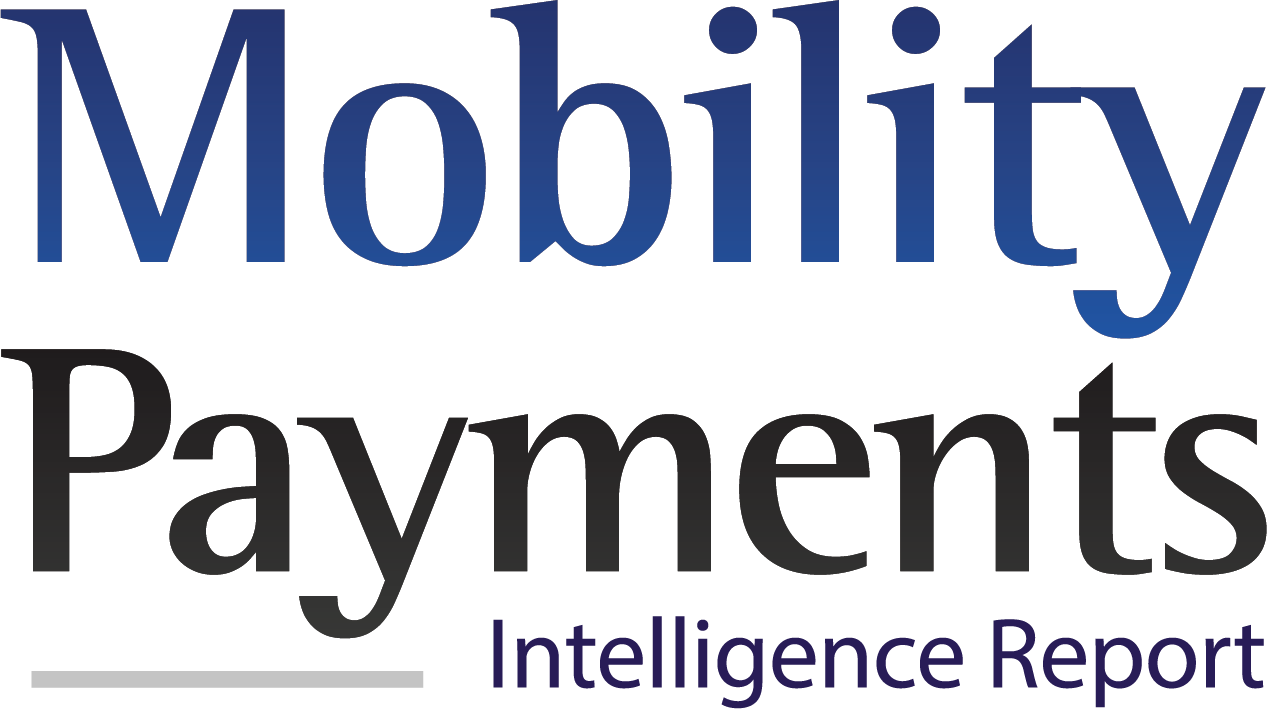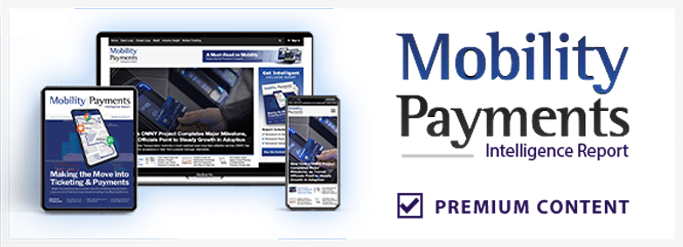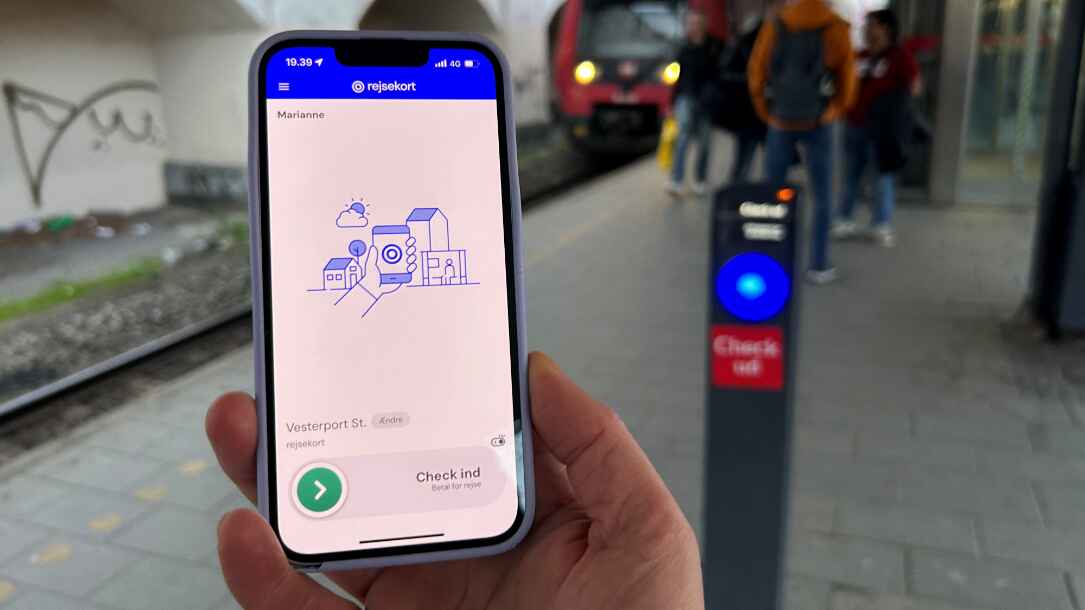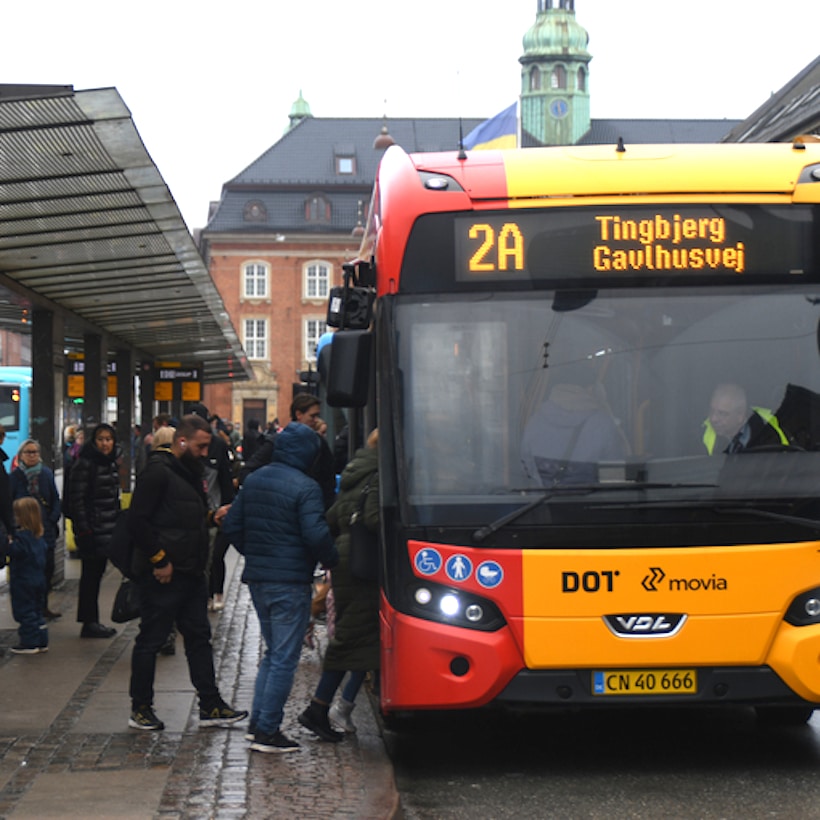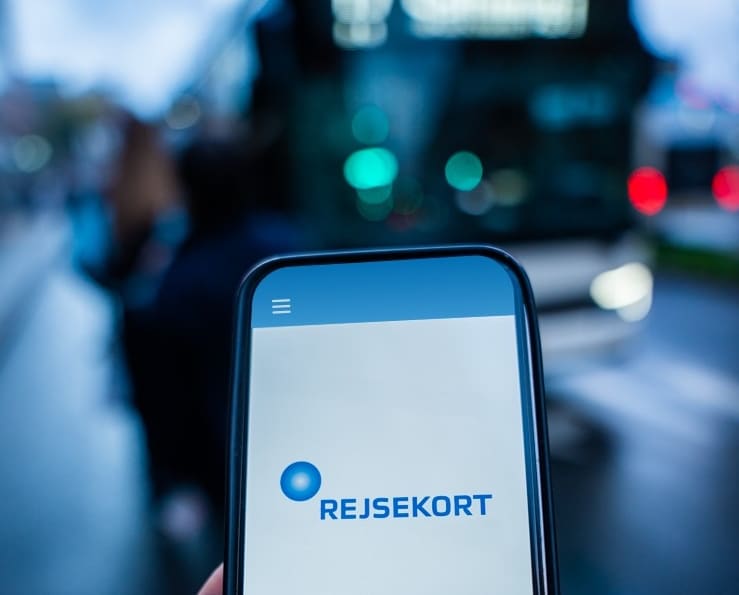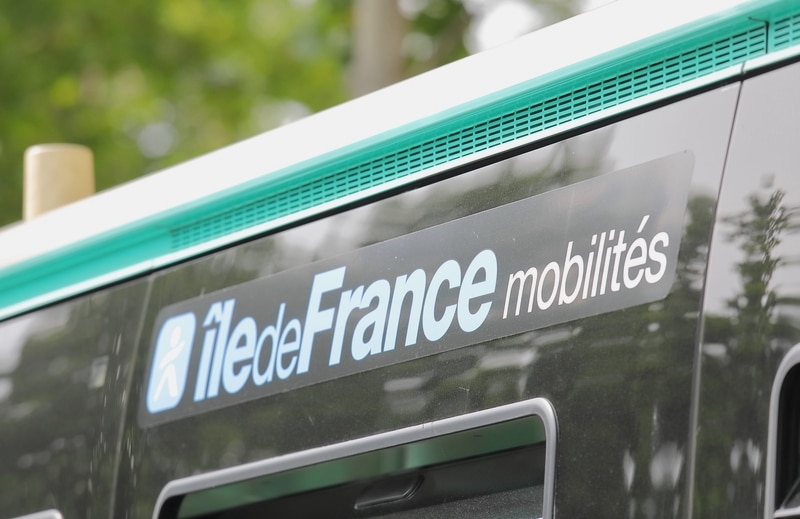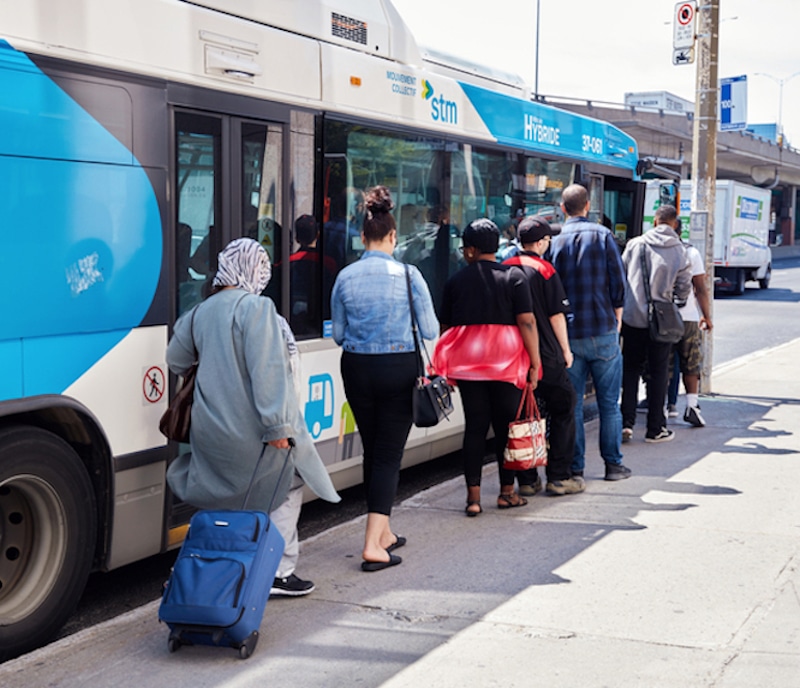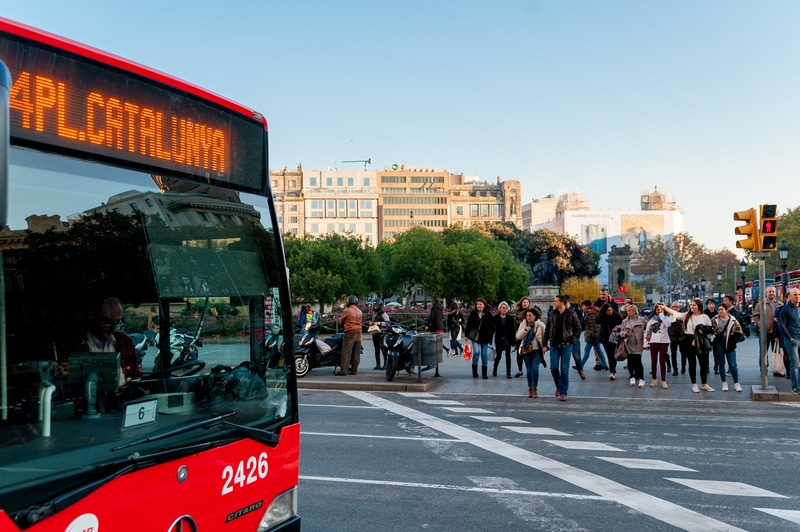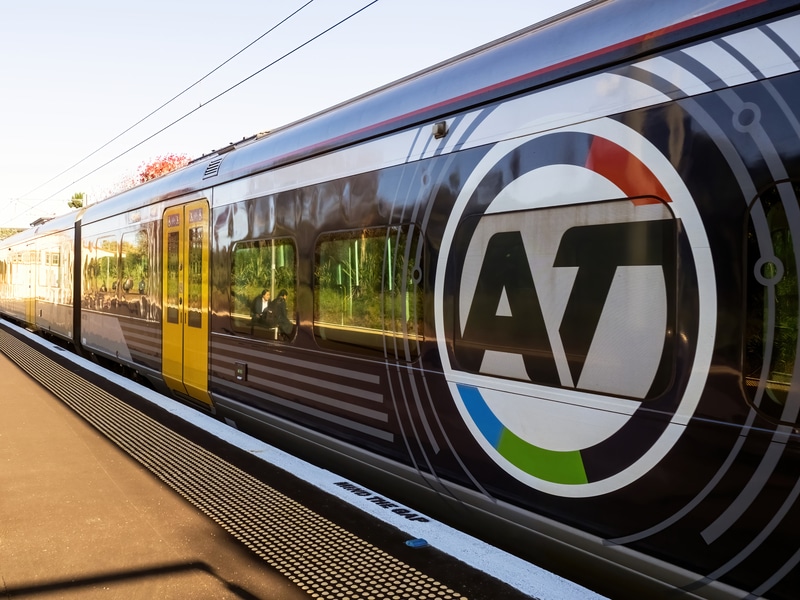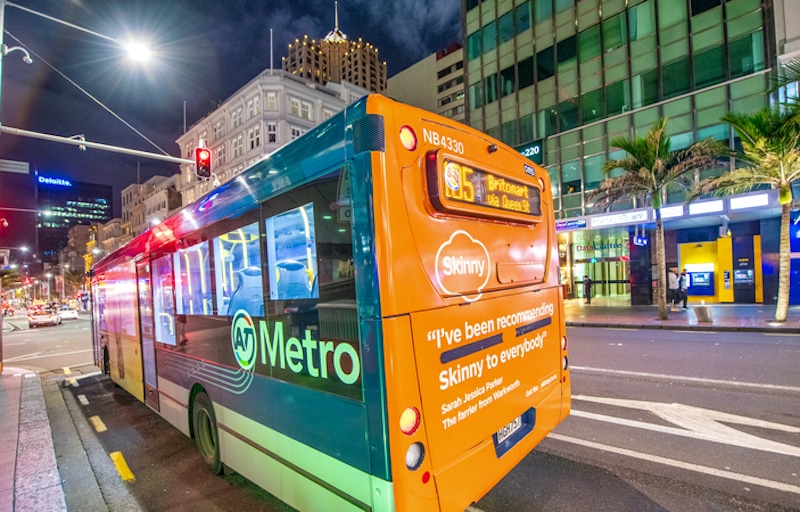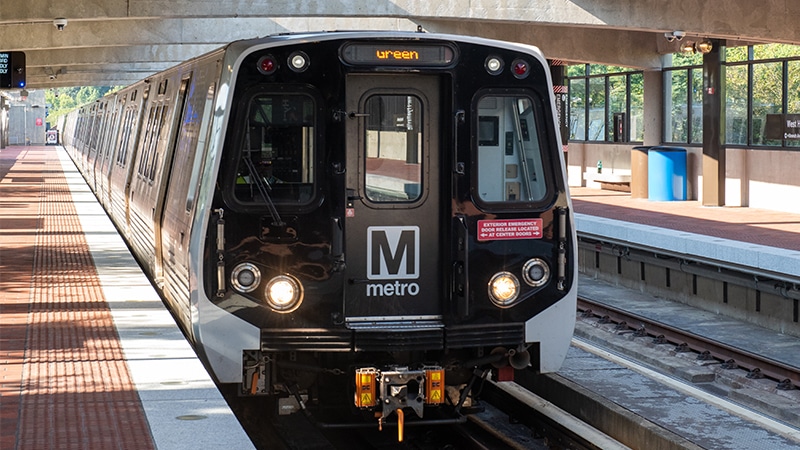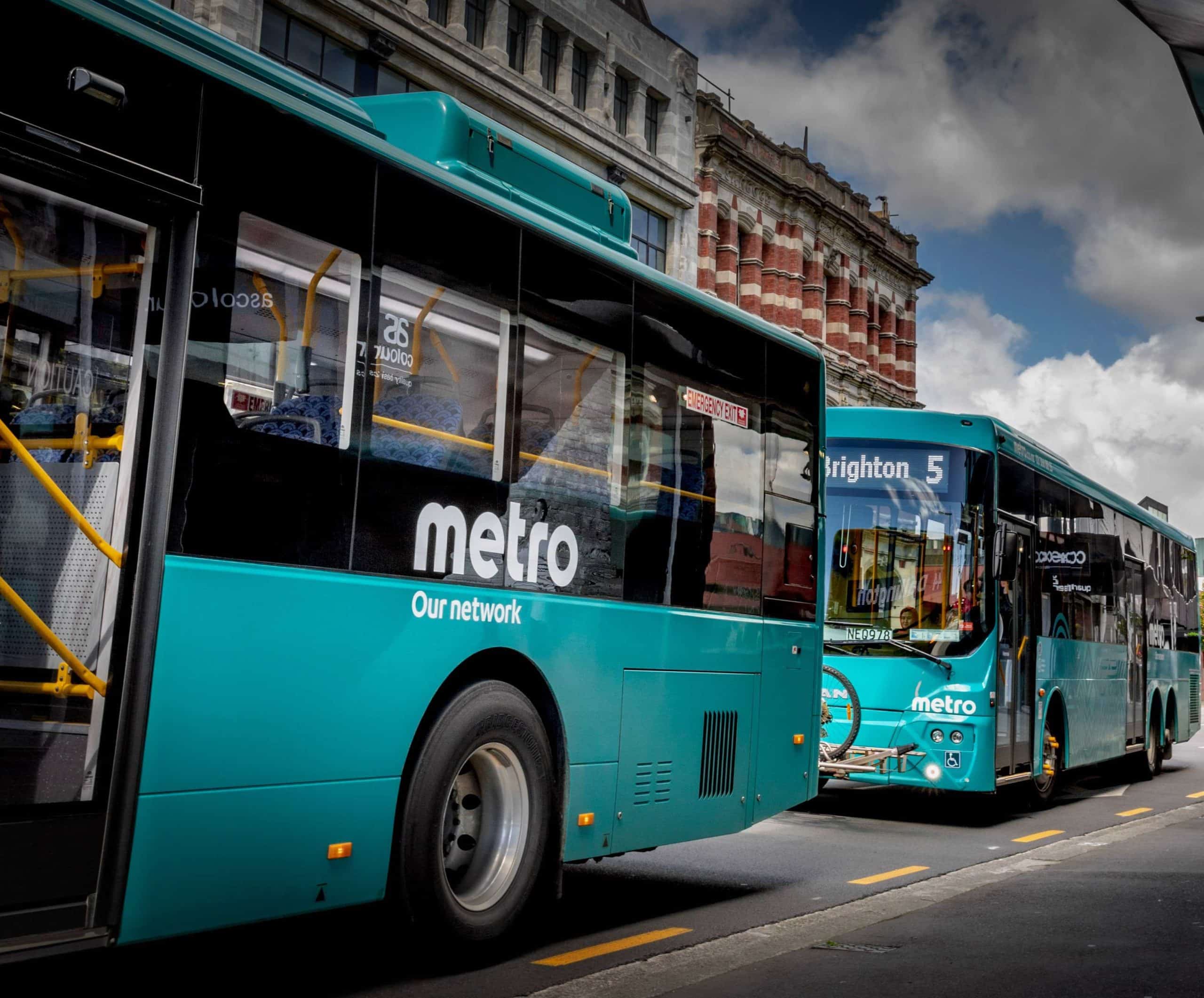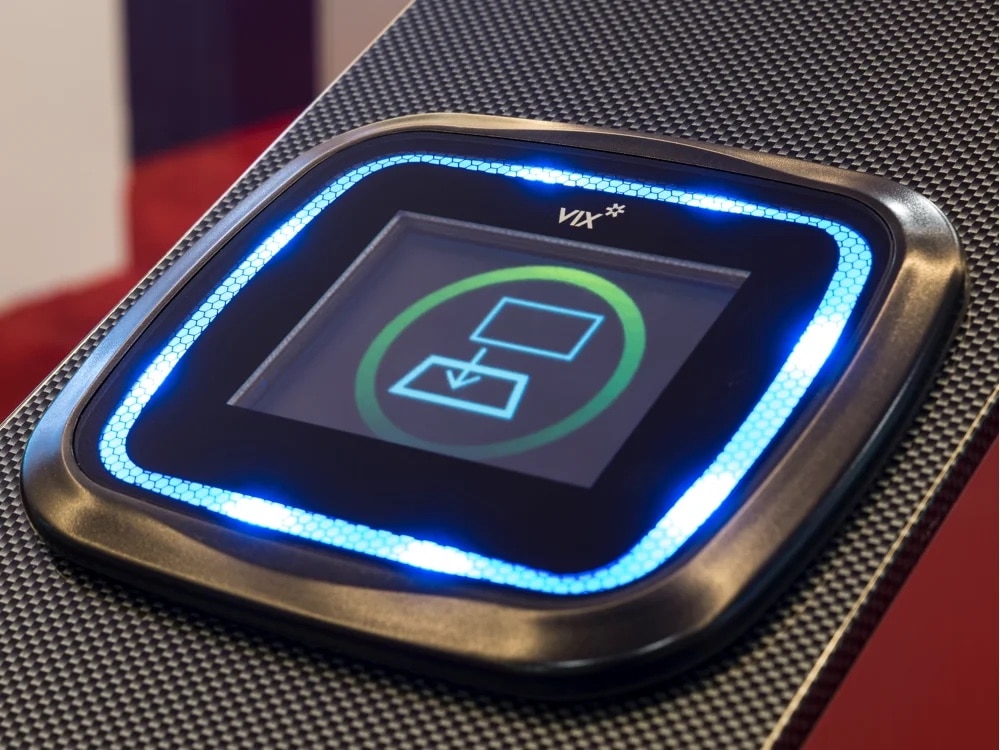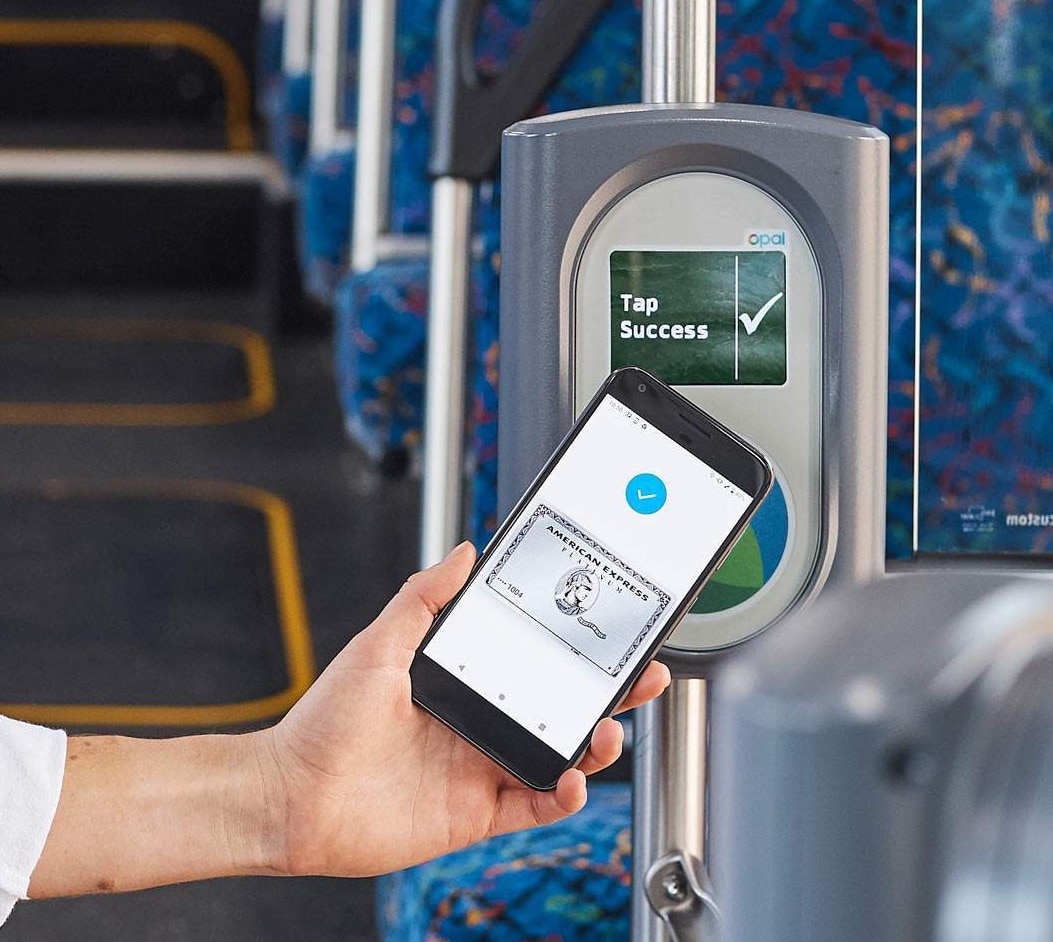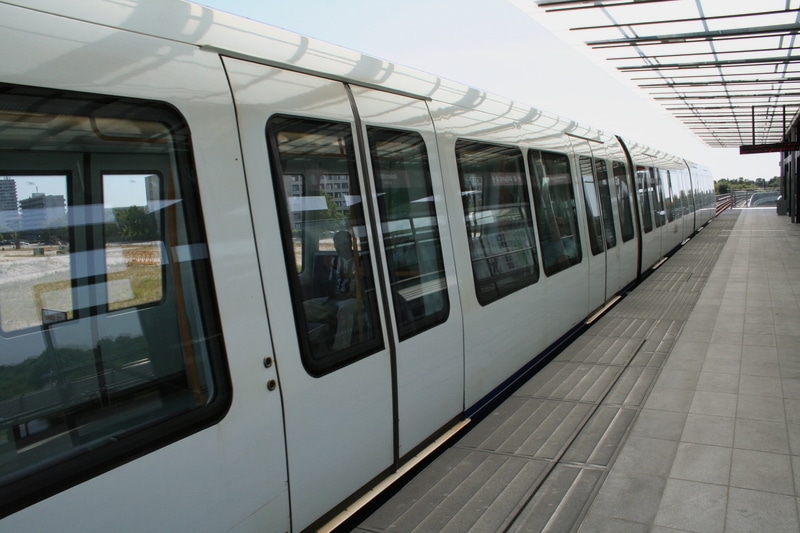
Article Highlights
Denmark plans to introduce a national mobile transit-ticketing system that will eventually replace the country’s closed-loop contactless card, Rejsekort, and perhaps other physical fare media.
The country has just under six million people, with Danish consumers having already widely adopted mobile payments at retail. Denmark’s MobilePay app alone boasts 4.4 million users. There is also a low percentage of unbanked people in the country.
• RKRP (Denmark)
• Copenhagen Metro
• Fairtiq
• eos.uptrade
• Thales
• Accenture
Denmark plans to introduce a national mobile transit-ticketing system that will eventually replace the country’s closed-loop contactless card, Rejsekort, and perhaps other physical fare media.
